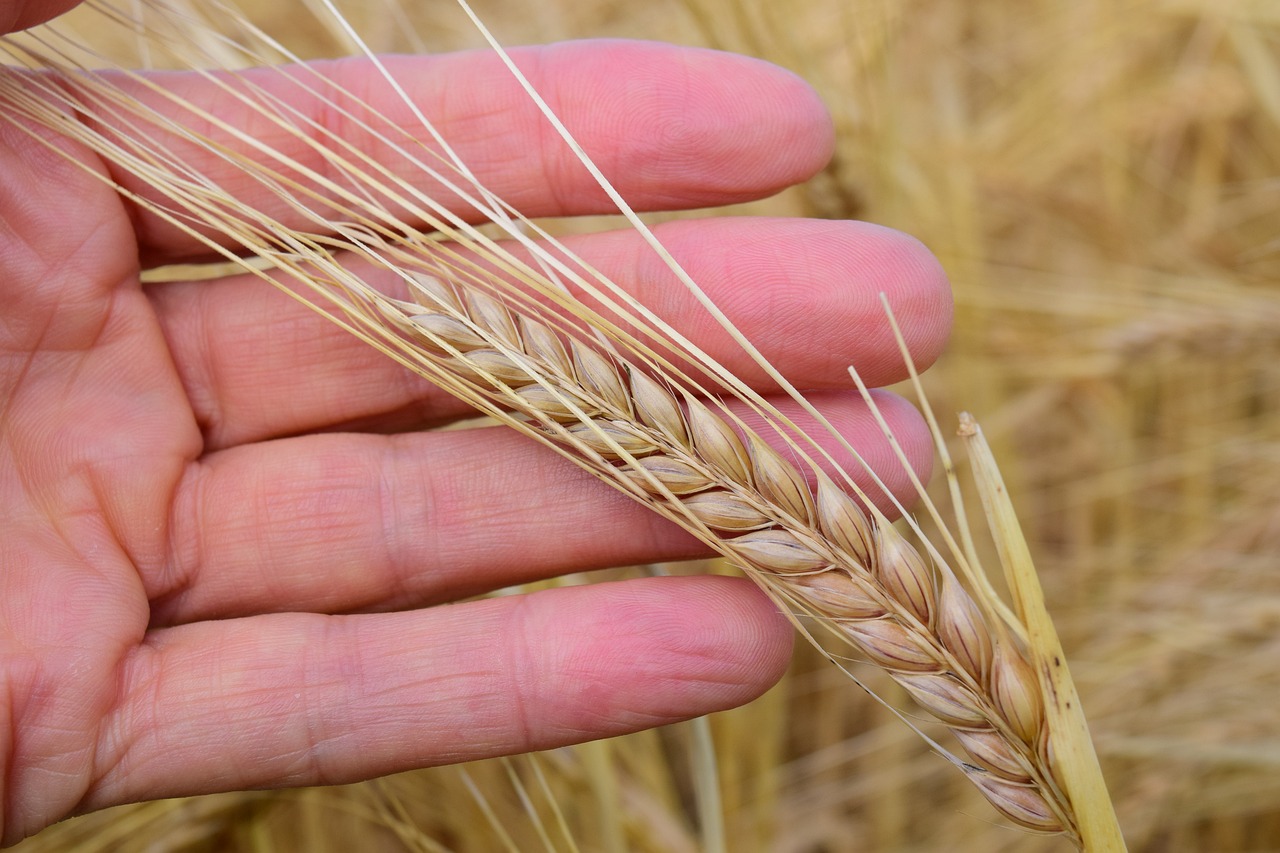The Impact of Protein Bars on Hormonal Health During Menopausal Transition: All pannel.com, Cricket bet99, Lotus365 vip login
all pannel.com, cricket bet99, lotus365 vip login: The Impact of Protein Bars on Hormonal Health During Menopausal Transition
Menopause is a natural biological process that marks the end of a woman’s menstrual cycles. It typically occurs in women in their late 40s or early 50s, and is characterized by a decline in the production of estrogen and progesterone hormones. This hormonal shift can lead to a variety of symptoms, including hot flashes, night sweats, mood swings, and weight gain.
During the menopausal transition, many women turn to protein bars as a convenient and easy way to boost their protein intake. Protein bars are a popular choice because they are convenient, portable, and often marketed as a healthy snack option. However, the impact of protein bars on hormonal health during menopause is a topic that has received little attention.
In this article, we will explore the potential effects of protein bars on hormonal health during the menopausal transition. We will discuss the role of protein in hormone regulation, the potential benefits of protein bars for menopausal women, and any potential risks or drawbacks to consider.
The Role of Protein in Hormone Regulation
Protein is a crucial macronutrient that plays a vital role in hormone regulation. Hormones are chemical messengers that play a key role in almost every bodily function, including metabolism, growth, and reproduction. Proteins are made up of amino acids, which are the building blocks of hormones.
Protein also helps to regulate blood sugar levels, which can have a direct impact on hormone balance. When blood sugar levels are stable, hormones such as insulin and cortisol are better regulated. This is especially important during the menopausal transition, when hormonal imbalances can contribute to symptoms such as weight gain and mood swings.
Benefits of Protein Bars for Menopausal Women
Protein bars can be a convenient and easy way for menopausal women to boost their protein intake. Many women experience a decline in muscle mass and metabolism during menopause, making it important to prioritize protein intake to support muscle maintenance and weight management.
Protein bars are also a convenient snack option for women experiencing symptoms such as hot flashes and mood swings. Eating small, frequent meals that are high in protein can help to stabilize blood sugar levels and reduce hormonal fluctuations that can contribute to these symptoms.
In addition, protein bars can be a good choice for women who are looking to support their bone health during menopause. Protein is essential for building and maintaining strong bones, which is crucial for reducing the risk of osteoporosis as estrogen levels decline.
Potential Risks and Drawbacks of Protein Bars
While protein bars can be a convenient and healthy snack option for menopausal women, there are some potential risks and drawbacks to consider.
One concern is the quality of the protein used in protein bars. Some protein bars may contain low-quality protein sources, such as soy protein isolate or whey protein concentrate, which may not be as beneficial for hormonal health as higher-quality protein sources like grass-fed whey or collagen.
Another potential risk is the added sugars and artificial ingredients often found in protein bars. Excess sugar consumption can lead to blood sugar imbalances, which can have a negative impact on hormone regulation. Artificial ingredients such as preservatives and flavors can also disrupt hormonal balance and contribute to inflammation in the body.
It is important for menopausal women to read the labels of protein bars carefully and choose brands that use high-quality ingredients and minimal added sugars. Opting for protein bars that are made with natural ingredients and sweetened with alternatives like stevia or honey can help to minimize the potential risks associated with these products.
In summary, protein bars can be a convenient and healthy snack option for menopausal women looking to support their hormonal health during the menopausal transition. However, it is important to choose high-quality protein bars that are free from added sugars and artificial ingredients to maximize the potential benefits of these products.
FAQs
1. Do protein bars help with weight management during menopause?
Protein bars can be a convenient snack option for menopausal women looking to support their weight management goals. Protein is essential for maintaining muscle mass, which can help to support metabolism and reduce the risk of weight gain during menopause.
2. What are the best protein sources for menopausal women?
Menopausal women should prioritize high-quality protein sources like grass-fed whey, collagen, and plant-based proteins such as pea or hemp protein. These protein sources provide essential amino acids that are beneficial for hormone regulation and overall health.
3. Are there any specific nutrients that menopausal women should focus on in addition to protein?
In addition to protein, menopausal women should focus on getting an adequate intake of essential nutrients like calcium, vitamin D, and omega-3 fatty acids to support bone health and hormonal balance during the menopausal transition. Supplementing with these nutrients may be beneficial for some women.
4. Can protein bars help to reduce symptoms like hot flashes and night sweats during menopause?
While protein bars alone may not directly reduce symptoms like hot flashes and night sweats, prioritizing a diet that is high in protein and low in added sugars and artificial ingredients can help to stabilize blood sugar levels and reduce hormonal fluctuations that may contribute to these symptoms.
5. How often should menopausal women consume protein bars?
Menopausal women can consume protein bars as a convenient snack option between meals or after exercise to support their protein intake. It is important to choose protein bars that are made with high-quality ingredients and to avoid excessive consumption of added sugars and artificial ingredients.
6. Are there any specific brands of protein bars that are recommended for menopausal women?
There are many brands of protein bars on the market, so it is important for menopausal women to read the labels and choose products that are made with high-quality ingredients and free from added sugars and artificial ingredients. Some brands that are known for offering higher-quality protein bars include RXBAR, Bulletproof, and Perfect Bar.







